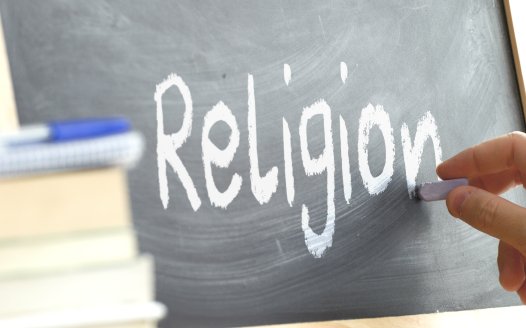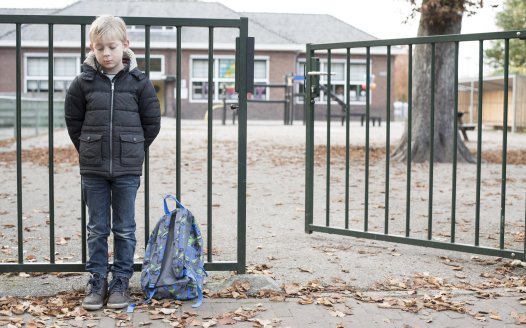A secular society is the key
Posted: Mon, 24th Jun 2013 by Oliver Kamm
Teaching science to Jewish children is not the enemy of knowledge but the prerequisite of it, declared the Jewish Chronicle in its leader last week. It was a reference to disquiet among Charedi Jews about the GCSE science curriculum. Michael Gove, the education secretary, wishes to put greater emphasis on teaching evolution. Charedi educators maintain that this "flies in the face of their ethos and culture".
Mr Gove's plans are admirable and so is the Jewish Chronicle's insistence that Jewish children be taught proper science. To grasp science, children (and adults) need to understand the evolution of species by natural selection and random mutation. Evolution isn't an obscure detail but the foundation of knowledge of the living world.
That shouldn't need to be argued. But the notable characteristic of the objection is that it isn't about science at all: it's framed as the protection of a culture. Leave us, say the devout, to hold dear what is sacred to us.
With its echoes of conscience and religious liberty, it's a more seductive case than the pseudo-scientific objections to Darwinism. That's what makes it dangerous. Of all peoples, the Jews, as a historically persecuted minority, have an interest in ensuring that religious groups not be given legal privileges and exemptions. Freedom, including religious liberty, requires a civic culture that is resolutely secular.
What people believe is irrelevant to their rights and duties.
Thomas Jefferson formulated this principle definitively. A free society requires that there be no religious test for civic office or participation. Drawing inspiration from John Locke's Letter Concerning Toleration, he nonetheless faulted Locke for urging the extension of religious freedom only to Dissenters. "Where he stopped short," wrote Jefferson, "we may go on."
This needs restating in this country's public life, as some religious leaders appear not to understand it. Lord Carey, the former Archbishop of Canterbury, has complained of a campaign "to get rid of Christianity as a public faith".
There is no organised campaign to suppress public expressions of religion. The issue at stake is whether there should be a civic role for religion. And there should not be, because what people believe about first and last things is irrelevant to their rights and their obligations.
Only when that Enlightenment principle became established could Jews emerge decisively from the ghetto.
This principle is being tested today in Israel. Some 15,000 Charedim protested noisily in Jerusalem last month against plans to make them do national service. They are at the moment exempt from military service while they are at yeshiva. Secular Israelis oppose the exemption and their case is unassailable. We all have multiple ties of loyalty and affiliation but, in a democratic society, there is an overriding identity, which is common citizenship under the rule of law. Religious liberty itself depends on that culture.
Common citizenship extends to children, too - not rights to vote or drink or drive, but entitlement to the fruits of education. It doesn't just impoverish children's minds but also violates their rights to deny them access to scientific knowledge owing to parental and communal objections.
Some years ago, Steven Weinberg, the Nobel Laureate in physics, explained his admiration for Israel. Zionism represented, he wrote, "the intrusion… of a democratic, scientifically sophisticated, secular culture into a part of the world that for centuries had been despotic, technically backward, and obsessed with religion". These are principles that Jews have advanced. They in turn serve as guarantors of the survival, freedom and flourishing of the Jewish people.
Oliver Kamm is a leader writer for The Times. This article first appeared in the Jewish Chronicle.







